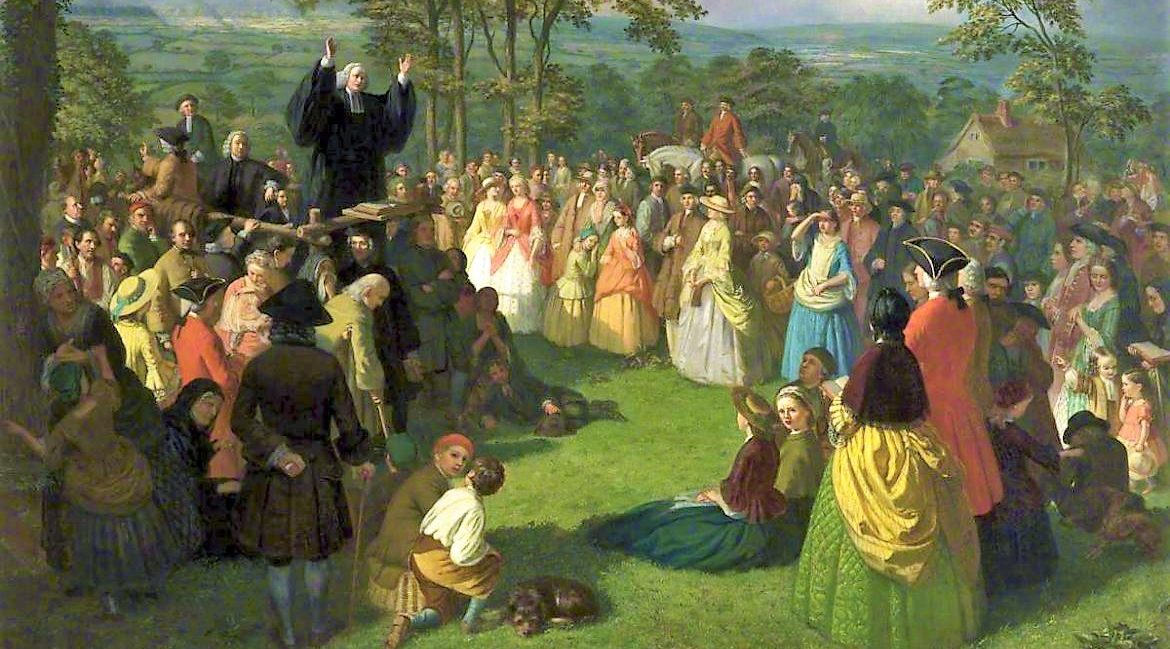The Baptist Confession on Oaths
by Robert Gonzales Jr. In the 17th century, certain sects of Christendom, such as the Anabaptists and, later, the Quakers, denied the legitimacy of taking oaths or making vows. The teaching of chapter 23 of the 1689 Baptist Confession was designed to clarify the meaning and confirm the lawfulness of oaths and vows when properly used. […]
The Lay Counselor’s Manual
by Luke Bush When people think of Biblical Counseling, the default person to think of is the pastor. That is one of his primary duties as a shepherd after all. What many people don’t realize is that we are all called to this ministry (1 Thess. 5:11; Heb. 10:24). We as Christians give counsel everyday. […]
The Baptist Confession on Human Freedom
by Robert Gonzales Jr. The doctrine of the human will is one of the most important and most debated doctrines in church history. Augustine debated Pelagius over this doctrine. Luther debated Erasmus. Calvinists debated Arminians. According to Greg Nichols, “Freewill is the pivot of all anthropology. Error at this point is fatal.”[1] And not only […]
Boyce and Broadus on Salvation and Regeneration
The following questions on regeneration and salvation come from James Boyce’s A Brief Catechism of Bible Doctrine (1878) and John Broadus’s A Catechism of Bible Teaching (1892). These would be handy tools for teaching your children about the new birth. And in reality, when we teach our children like this, it helps solidify these truths […]
Key Themes in the Preaching of George Whitefield
By: Allen S. Nelson IV During the Eighteenth Century, Great Britain and her American colonies were sovereignly blessed by the life and ministry of the Calvinist Methodist preacher, George Whitefield. All orthodox Christians, regardless of their denominational affiliations, would do well to study Whitefield’s life to see his love for Christ and His gospel, his […]
God’s Glory in Calamity
Today’s post is from Matthew Henry’s commentary on the whole Bible. He offers helpful words on the incident with the blind man in John 9:1-3 and how we should think about providence and calamity. His words are below: “Christ…gives the reason of this poor man’s blindness: “Neither has this man sinned nor his parents, but […]
The corporation shall not discriminate against applicants, employees, students, volunteers, and others on the basis of race, color, nationality, or ethnic origin; however, as a religious institution, the corporation reserves the right to deny or terminate employment or to deny or terminate any other status of persons whose lifestyle, words, actions or otherwise do not align with the corporation’s Statement of Faith, standard of conduct, or other policies of this organization.






